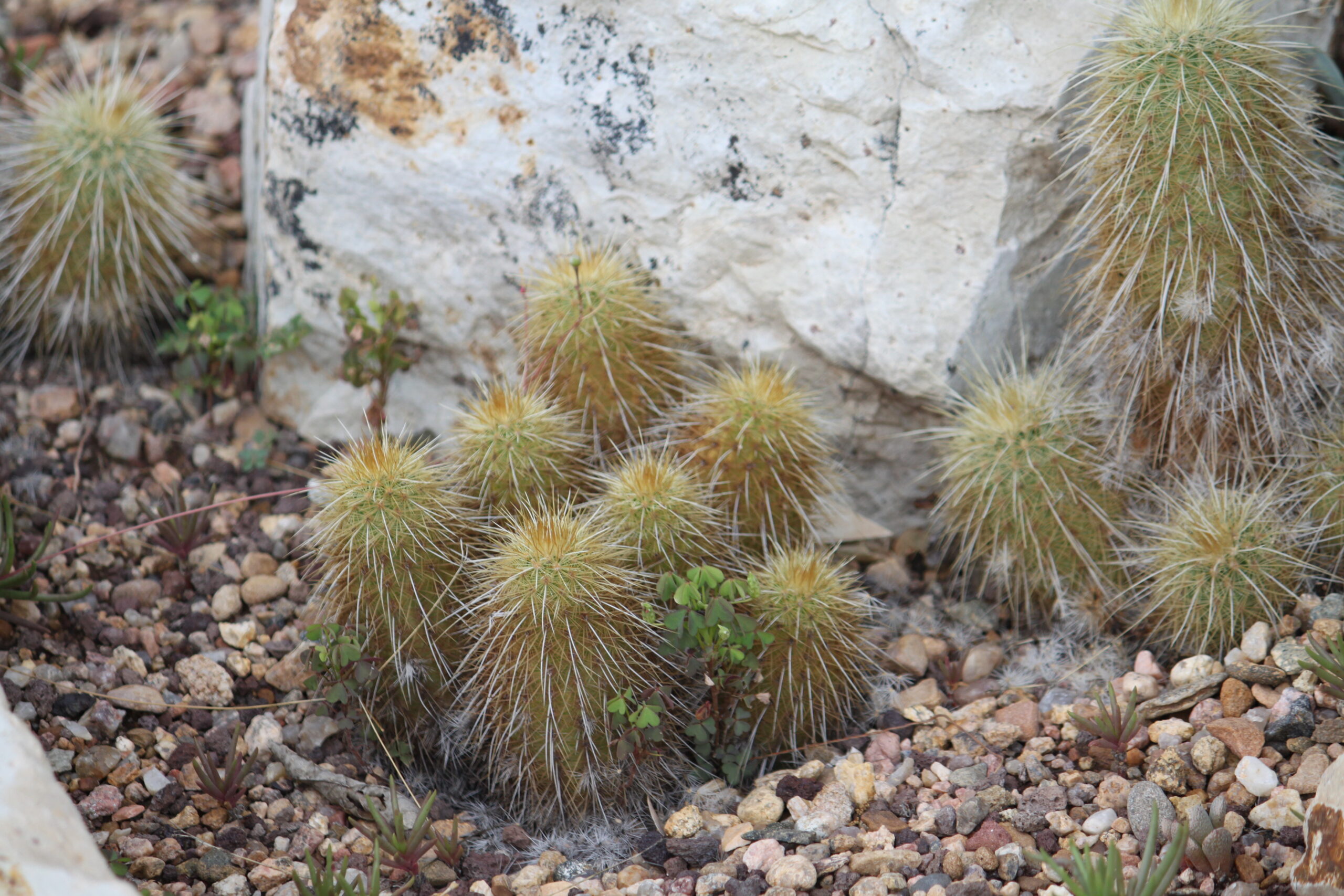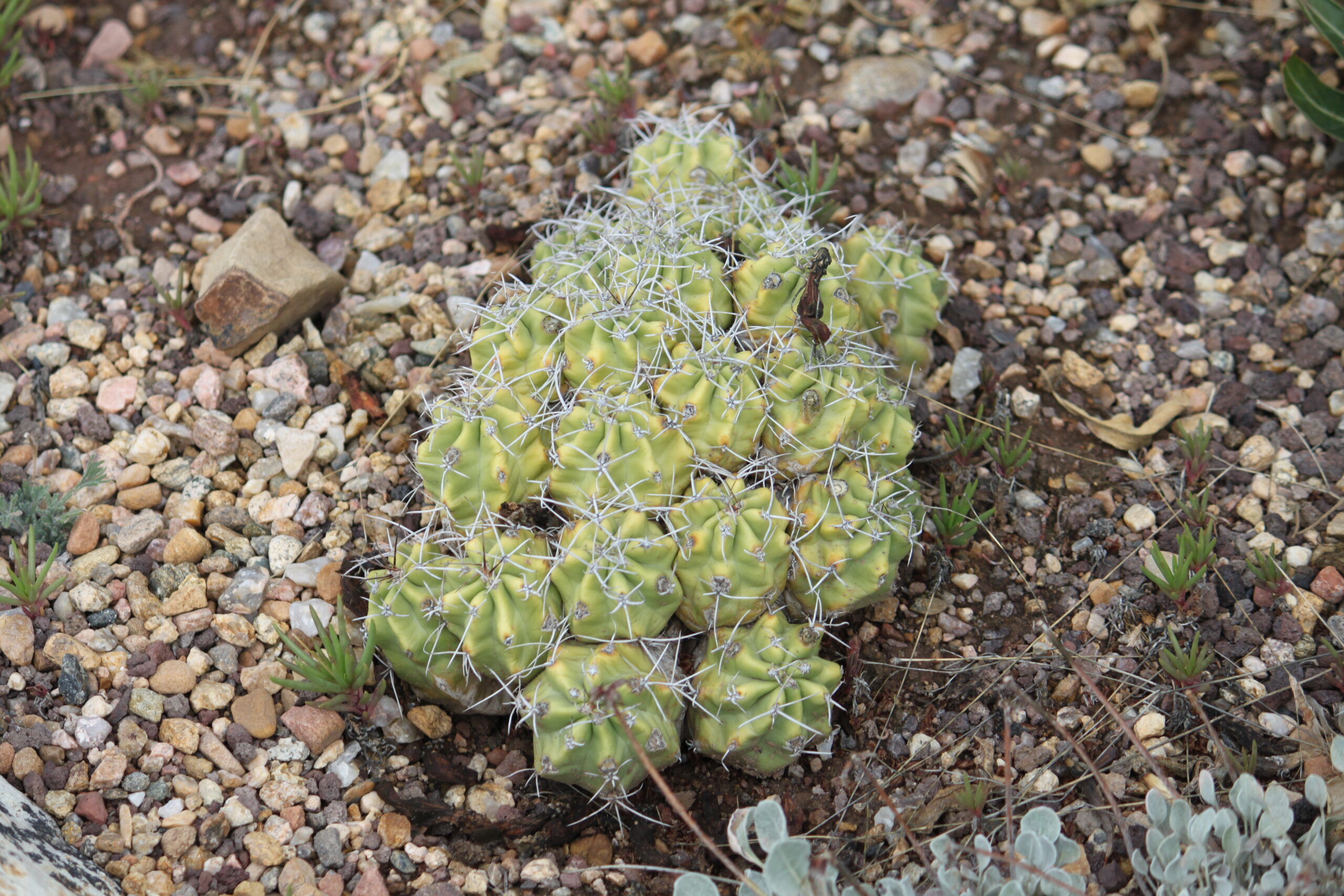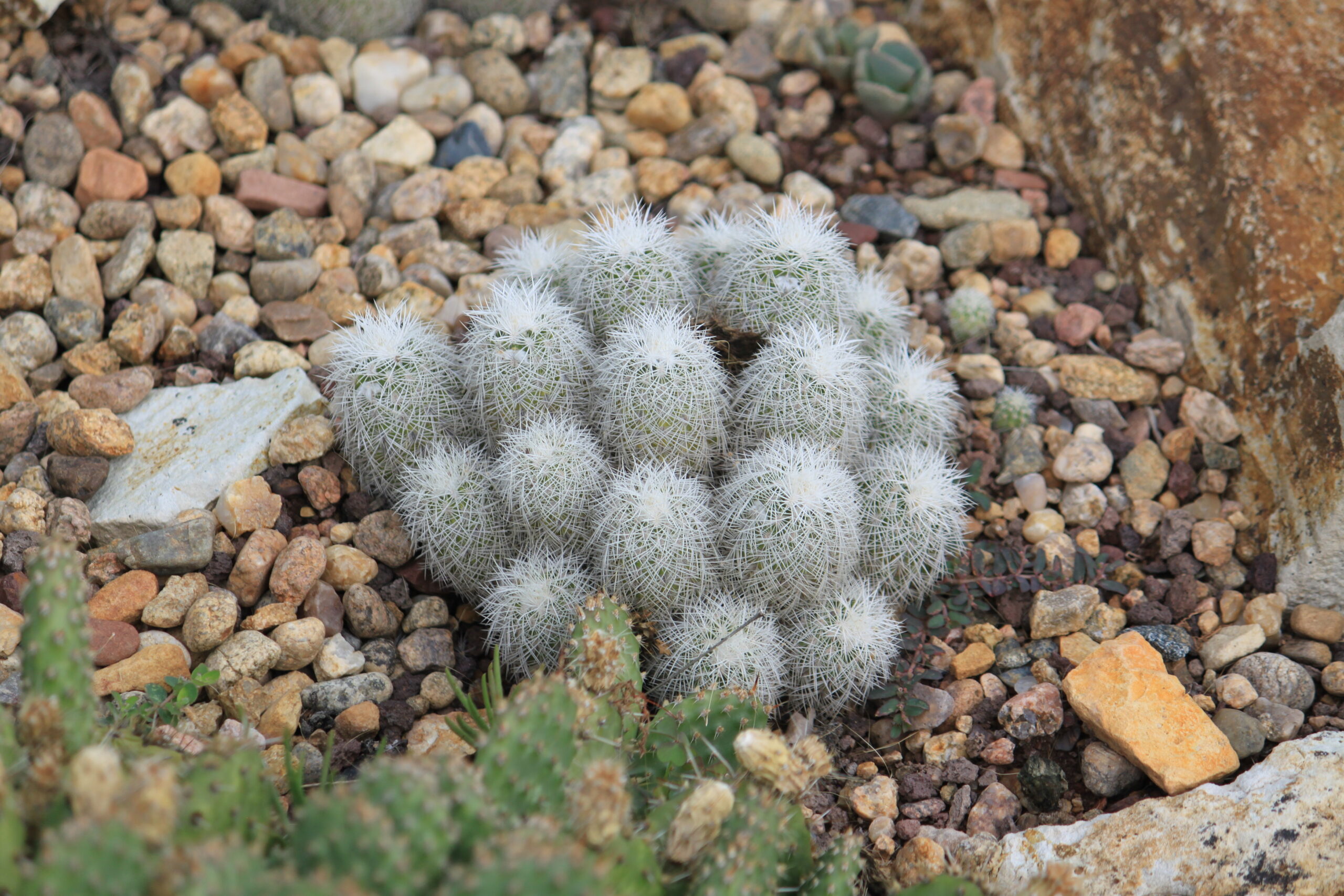


Winter-hardy cacti are a natural choice for water-wise Colorado gardens. Perfectly suited to hot, dry summers and moderate winters, they can be hardy to -40 degrees Fahrenheit, and grow in brutally hot exposures few other plants can withstand. Cacti thrive with maximum sunlight and full exposure to drying winds. Choose a south to west exposure for best results.
Where should I plant winter-hardy cacti?
To survive western winters, cacti need loose soil and excellent drainage. Unlike other garden plants, the challenge in growing cacti is the elimination of excess moisture. Sun exposure and drainage requirements can be met by placing cacti on a sunny hill or raised bed, and using ample gravel or sand mixed with a small amount of organic matter. A thin mulch of stone chips or gravel reduces the risk of crown rot.
What will happen to my cactus during the winter?
Cacti naturally reduce their moisture content and shrivel with the onset of winter. This dehydration prevents cactus cells from bursting when they freeze. Excess moisture during autumn months can cause cacti to hold too much water and suffer freeze damage. Don’t mulch cacti for winter protection, as you do with other plants.
Most cacti change color in the winter. This natural occurrence doesn’t mean plants are sick. As plants become less active and the amount of green chlorophyll decreases, red, orange, and other color pigments show through the pads or stems.
Which cacti are winter-hardy
Cacti that are winter hardy include Opuntia (prickly pear), Coryphantha, Echinocereus, Pediocactus and Neobesseya.
Why not give winter-hardy cacti a try in that hot, dry garden spot where no other plants will grow? Consult your favorite garden center or nursery, or the Colorado Cactus and Succulent Society for more information.



